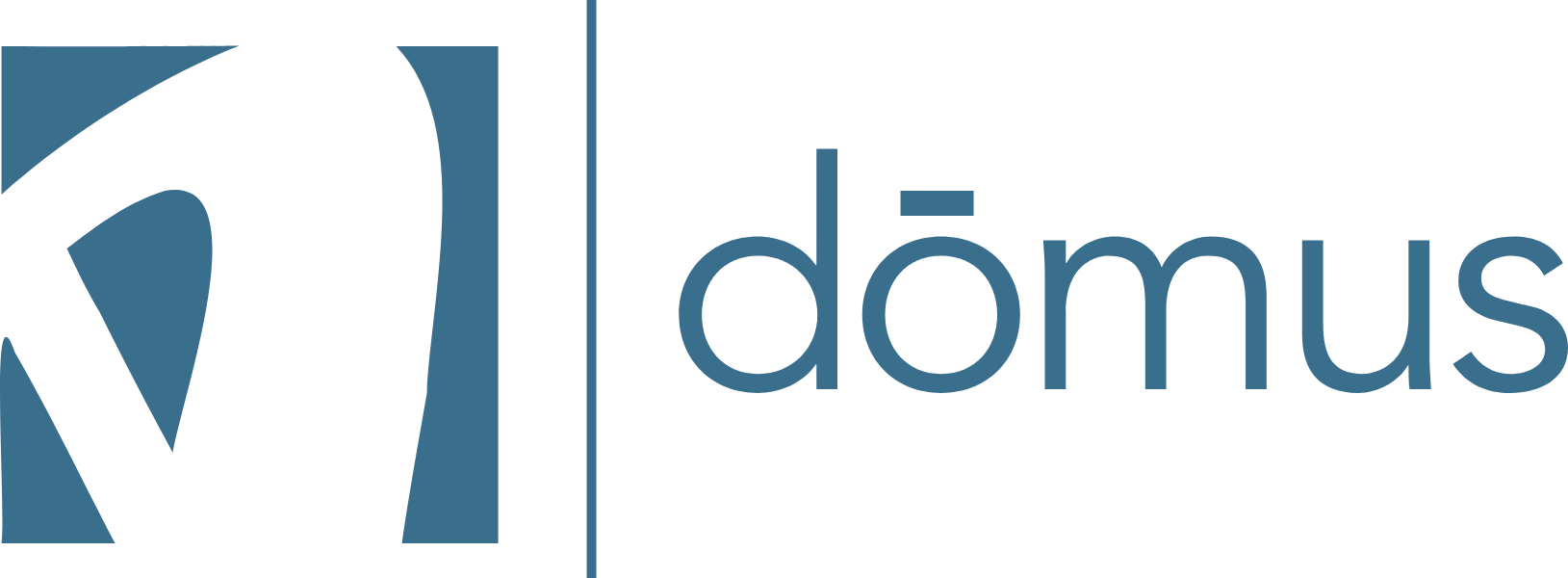
Leveraging Wharton to Incubate Innovation
June 17, 2022
Eureka! Domus X Girls Inc. Mentoring Collab Inspires Boldness in Future Leaders
August 17, 2022If you’re wondering how to maintain a culture of highly engaged and motivated employees in this post-pandemic world, you’re not alone. And if you’re not wondering, consider this: According to the U.S. Bureau of Labor Statistics (BLS), 4.25 million people quit their jobs in January 2022; that’s up from 3.3 million in 2021.
It can be tricky to navigate this new, more flexible hybrid work environment while staying up-to-date on all of the other, constantly changing political and socioeconomic events happening around us.
At Domus, we’ve studied the situation, and we believe the answer is human connection. It’s understanding the changes in how people will work in the future and how they will be influenced by technological, generational, and social shifts. True engagement goes way beyond space and flex time. It’s all about connecting people to their work.
How can a company do this? We believe it comes down to four things:
- Flexibility
- Technology
- Growth
- Purpose
Flexibility: According to EY’s global 2021 Work Reimagined Employee survey, 54% of employees said they would quit their jobs if they were not offered flexibility in terms of where and when they work. While offering flexibility is a great tactic to recruit and maintain top talent, it must go hand-in-hand with training. And not just training for the remote worker, but also training for the manager on how to lead a remote team and keep everyone fully engaged and motivated.
With a talent pool as large as the globe, competition has never been tougher. So, making your company stand out – and your employees stay – will require thinking outside of the box, including offering things like college tuition plans for children, bonus vacation time, gym memberships, four-day work weeks, or even pet insurance.
Technology: Flexibility goes hand-in-hand with technology as it is the technology that enables the remote workforce. It will be critical to stay on the cutting edge and adopt new technologies, such as automation, AI, and collaboration tools. These collaboration tools will also support the overall bottom line with less employees needing to travel as often.
In a McKinsey global survey, two-thirds of senior executives said they were increasing investments in automation and AI either somewhat or significantly, and that is changing the game for what the workforce will look like and what they will actually be doing. Where is the human element in technology and AI, you ask? It goes back to training and communication. As colleagues are trained on new and emerging technologies and automation, they will need training on how their job roles or functions will shift as a result of the new technology. Top-down communication and buy-in from leaders will support these initiatives and ensure a successful launch.
Growth: Post-pandemic, it’s obvious that the world has changed – for good. And with that comes the need for employees to also embrace those changes and grow with the company. To do that, leadership skills, cross-training, and upskilling will be critical areas to retain the workforce and keep them competitive.
According to a McKinsey report, most companies that launched successful reskilling programs were better able to address skills gaps.
Purpose: Believe it or not, a company with a purpose is not just a feel-good idea without power or significance. In fact, it’s quite the opposite. You may be surprised to learn that people aren’t just choosing places of employment anymore based solely on their personal career goals or to pay the bills.
In fact, one survey1 by Net Impact found that almost half of today’s workforce would take a 15% pay cut to work for a company with an inspiring purpose. So simply put, it is critical for companies to have a purpose and mission that employees can stand behind and have that sense of shared purpose in their professional and personal lives.
In summary, employees are people. And people want flexibility, tools for success (technology), growth opportunities, and purpose. Following “the Great Resignation”, according to Gartner, “people … are demanding more personal value and purpose from both life and work. Smart employers will acknowledge this truth and respond with a more human and purpose-driven employment deal.” I couldn’t have said it better myself.




